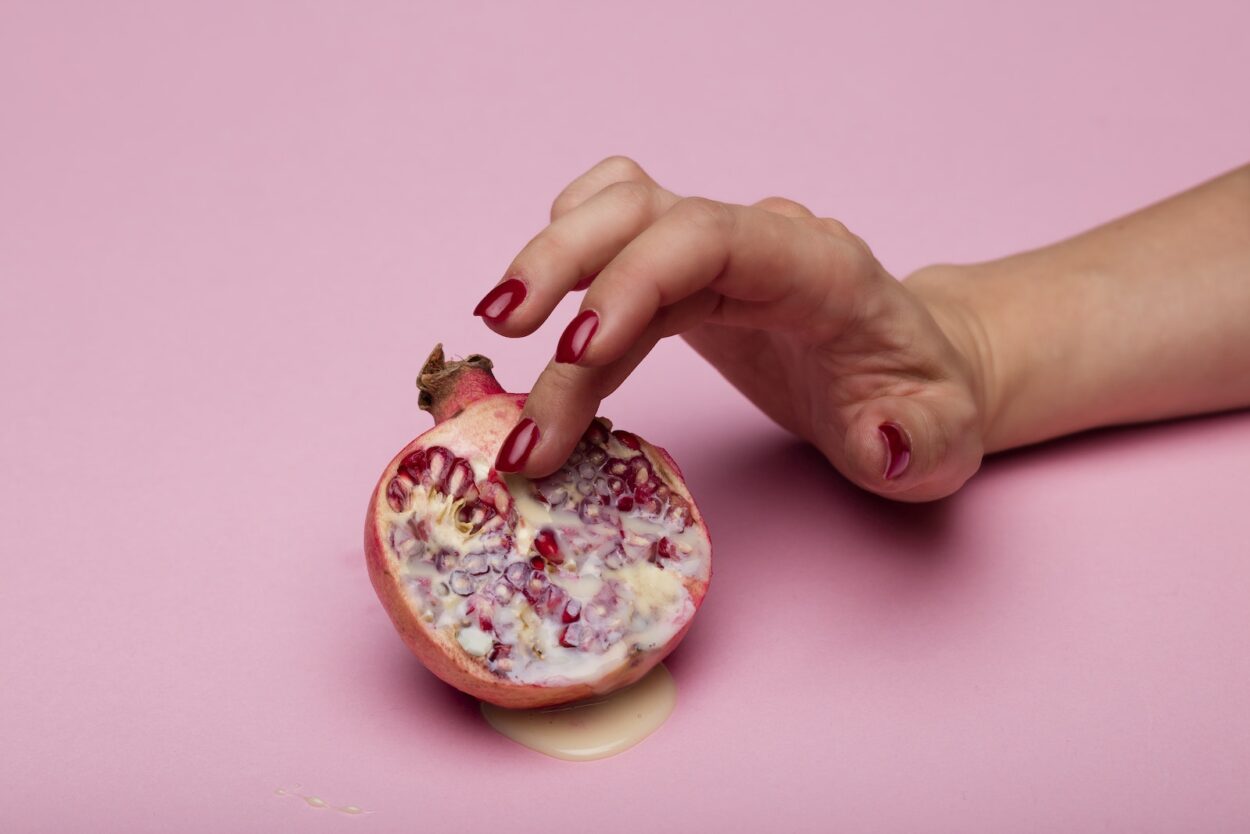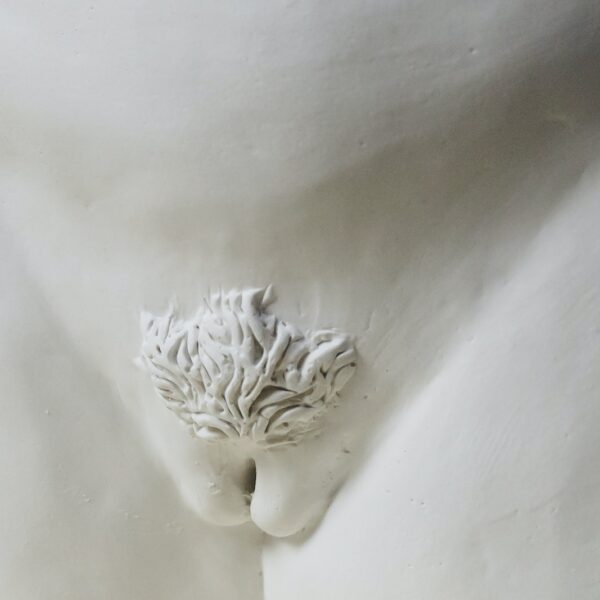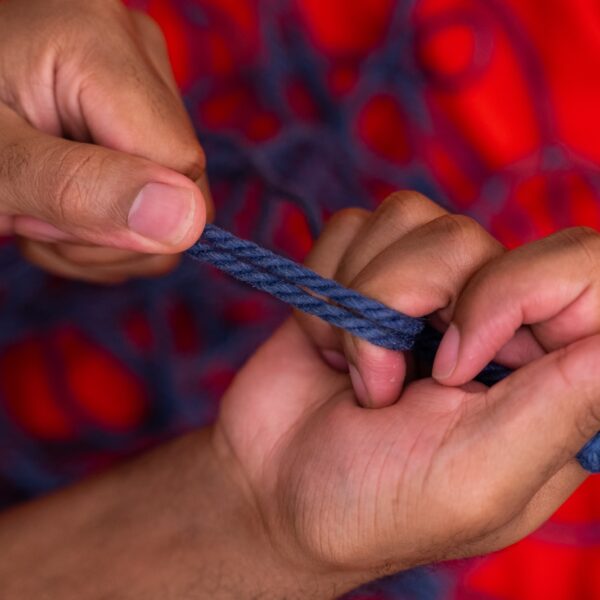Weird sensations down below are more common than many of us realize. The good news is that most of the time, they’re not something to worry about.
Often, a vibrating sensation in the vulva is caused by muscle spasms. To help alleviate these, try getting enough sleep, adjusting your posture when sitting for long periods of time, using a foam “donut” to reduce pressure and trying a natural lubricant like Wisp.
Tingling
Our bodies are filled with muscles and nerves. So, it’s not entirely surprising that you might feel a vibration or a throbbing sensation in your vulva. According to MS Society U.K, one woman reported having twitching in her vulva and around her butt along with pulsing feelings in her anal area.
When you’re aroused, your brain signals your vulva to increase blood flow to the genitals in order to reach and maintain arousal. That’s why you might also experience tingling in your anal, sphincter, pubococcygeus muscle, and even your penis.
Generally, these tingling sensations are not serious and usually do not last very long. However, if they become persistent or painful, you should seek professional help.
While talking to your doctor about your intimate symptoms may be uncomfortable, it’s important to let them know about any new sensations you’re experiencing. There could be an underlying condition that requires treatment, and you can’t figure it out unless you tell someone about it.
Throbbing
Even though throbbing down there can be uncomfortable, it’s typically not painful or a sign of a serious problem. You should still discuss the sensation with your doctor, however, especially if it’s intense or accompanied by other symptoms.
In fact, it’s a little surprising how often women report feeling a throbbing sensation in the vagina. Some people describe it as a buzzing or vibrating feeling, and the intensity can vary from person to person. Throbbing pain that occurs when you are aroused may be caused by the blood flow to this area of your body increasing, and it can feel very intense.
For example, when you have an orgasm (which is a very short time in your sexual response cycle), blood flows to this area quite rapidly, and the clitoris and labia may enlarge. The resulting throbbing can be very intense, and the type of orgasm you experience will differ from person to person.
Other reasons a vulva may feel like it’s throbbing include pelvic floor disorders, such as vaginismus (which involves spasms in the muscles that support the uterus and surround the vagina). People with multiple sclerosis sometimes experience sensations similar to this in their genital area, including tingling and prickling. In these cases, the pain or pulsation isn’t related to the menstrual cycle and should be discussed with your doctor.
Buzzing
Many women have felt a buzzing sensation in their vulva. These vibrations are typically sporadic and do not interfere with normal activities. Vibrating sensations are usually caused by spasms affecting the pelvic floor muscles. These spasms can be triggered by placing a tampon, having sex, and even when getting a Pap smear. This type of sensation is also sometimes experienced by people with multiple sclerosis. It is important to discuss any unusual feeling in your vulva with your doctor.
The vulva is the canal-like organ that leads from your uterus (which is inside your body) to a hole outside of your body called the vaginal opening, which includes the inner lips and the clitoris. It is connected to the rest of your body by the cervix, a neck-like piece of tissue that connects it to your vagina.
Vibrating feelings in your vulva are not uncommon, but they can be uncomfortable or embarrassing. Because of this, women are often hesitant to discuss them with their doctors, especially when they are young. It is also important to understand that different women experience these sensations differently. Depending on your circumstances, a buzzing feeling may be caused by nerve entrapment or muscle spasms that occur in the pelvic area, and it could be located in the vulva, groin, or rectal area.
Pain
If you’re experiencing pain in your vulva, you have a condition called vulvodynia. Vulvodynia is a medical term that refers to pain in the vulva (the outside area of a woman’s external genitals). This includes the labia, clitoris, and entrance of the vagina.
This pain can be a result of infection, such as a yeast infection (which may be accompanied by itching and white discharge) or an untreated pelvic inflammatory disease. The pain can also be caused by hormonal changes, stress, or trauma to the vulva. Lastly, pain can occur due to poor lubrication during sexual intercourse, which is referred to as dyspareunia.
Other causes of pain in the vulva can include chafing around the vulva, which can be caused by rough sex, tight underwear, or certain health conditions like eczema and psoriasis. In addition, painful spasms in the vulva are sometimes a result of aging, which can cause the muscles to tighten and lose their tone.
If you’re experiencing tingling, throbbing, or pain in the vulva, talk to your doctor. It’s important to get a proper diagnosis so you can get back to feeling normal. And remember that discreet, HIPAA-compliant virtual care is available right now. You can find a gynecologist who’s ready to listen and help you feel better. Click here to learn more.




Leave a Comment